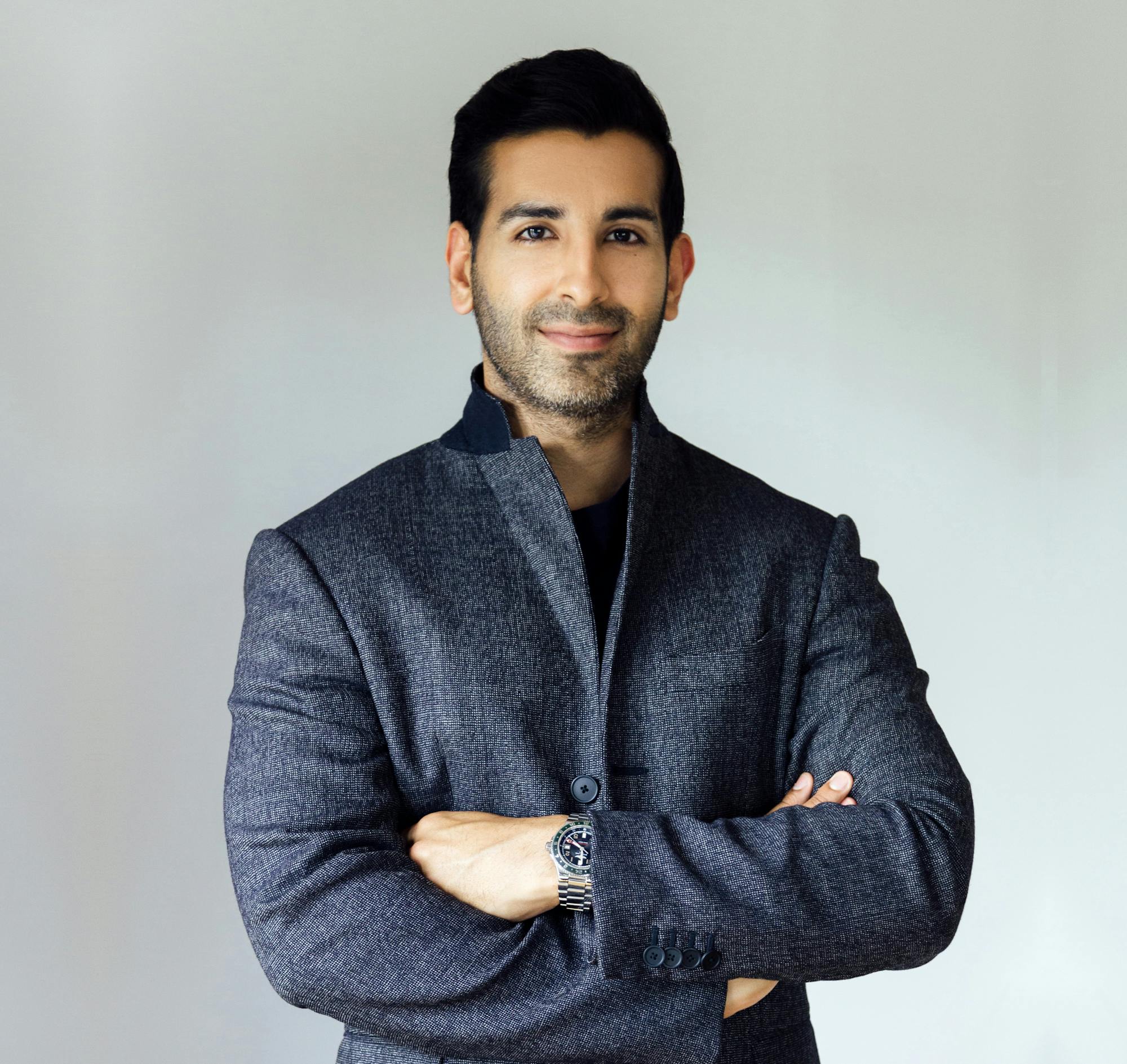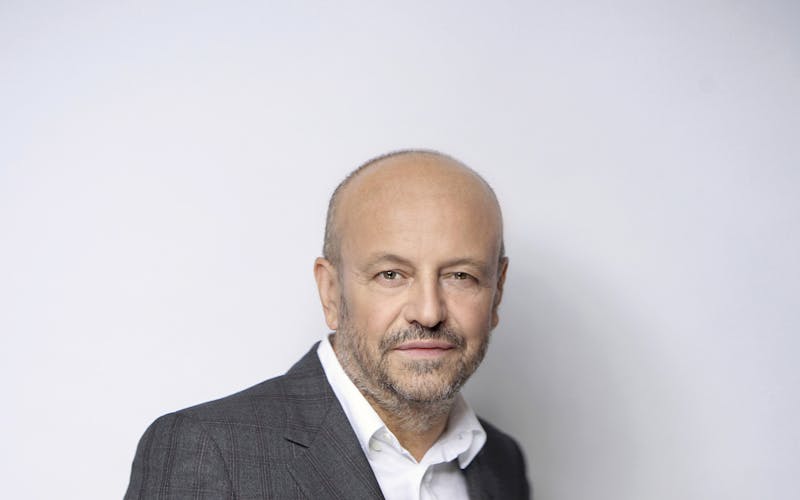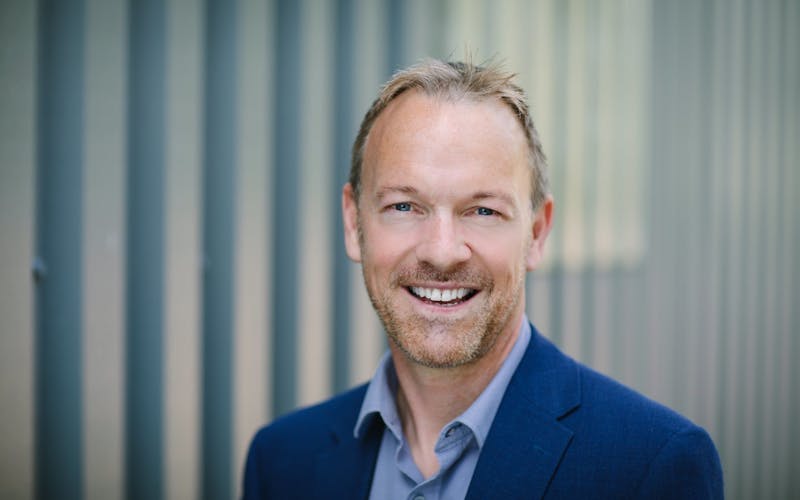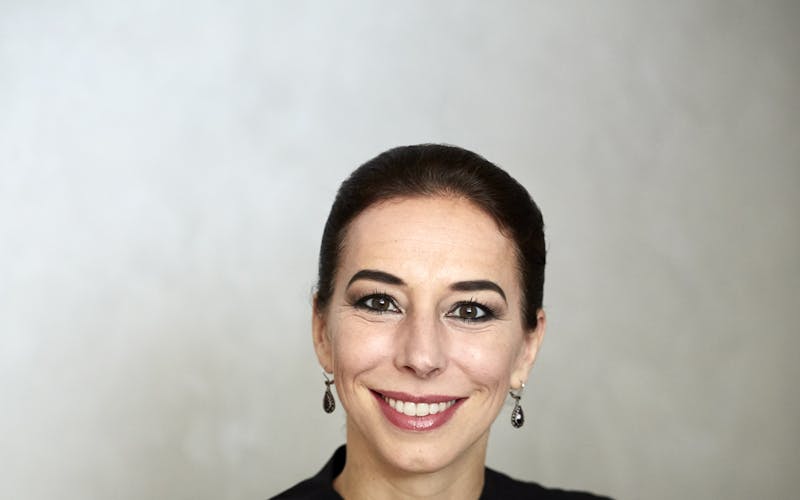

for Walpole members and
non-members available now
at The Londoner



This series spotlights senior Walpole members, many of whom are mentors or speakers on the Walpole Luxury Leaders of Tomorrow programme at London Business School - to discover their journey to getting and succeeding in the role, and any advice they have for the next generation. Interview by Diane Metcalfe, Leadership Coach.
1. Did you always want to be a CEO and what drove you?
As a child, I was fixated on becoming an architect; I was drawn by the intersection of design, socioeconomics, and poetic meaning. I studied Architecture at Nottingham, but then graduated adimst the 2008/9 financial recession and reacted by taking a rapid career turn into finance: joining Deloitte London in Advisory. It was only after qualifying as a Chartered Accountant, that I realised my passion was very much in both fashion and business together, this is when I set my heart on becoming a luxury fashion CEO. I knew I would be able to fulfil my creative flair, my business acumen, and my excitement for brand.
The fundamental drive was always to have a role and purpose that I loved, as otherwise I just can’t operate. Being a CEO is multi-disciplinary, kind of like architecture, my role allows me to lead sales, product development, production, merchandising, marketing & PR, finance, HR, retail and business development. I have a role, which I can never be bored of!
2. How did you land your first CEO role?
After nearly 5 years at Deloitte, I relocated to India to set-up my own luxury bridal brand with a friend. I had no idea what I was doing, but I took the risk and learned about pattern cutting, toiling, sourcing, production, sales etc. I fundraised to a certain level but needed a lot more investment to make the brand sustainable, so I decided to come back to the UK. I look back at this start-up as my real-life MBA in the business of fashion.
I was soon introduced to a family office fund, that was specifically investing in British luxury fashion brands, and they had already invested in ROKSANDA. I became Investment Director and quickly joined the Board of the business so began working closely with Roksanda directly, it was then in December 2017, Roksanda asked me to take over as her CEO and I’ve loved the journey to date.
3. What did you do to prepare yourself for the role and, in retrospect, what else should or could you have done to prepare better?
My preparation was very much looking at each business pillar and using my ACA skillset to audit them. I needed to understand the full business critical path, where the pinch points were and what every member of the 60-person headcount was doing.
I then wrote a strategy for each pillar: retail, sales/distribution, marketing etc and then pulled this together into a business plan. On the back of that I worked with my FD to build a model for the budget and cashflow for board approval.
In retrospect, I was too eager to conquer every goal immediately within the first 12 months! This was borderline ridiculous on reflection, but at least the ambition was there!
4. In what way/s was the role different from what you expected?
I didn’t expect everything to take so long to action, strategies I thought we could execute in several months took the whole year to become a reality, my time is therefore considerably more stretched than I ever had expected. As an SME luxury fashion brand, our brand positioning is with much larger brands like Chloe and Jil Sander, but we are a significantly smaller operation – so delivering a brand and customer experience which is on par is continuously challenging.
I also didn’t expect that Roksanda would become a best friend - I am eternally grateful for our relationship.
5. What were your greatest challenges early on?
I was 30 years old when I took over as CEO, which I did not anticipate being such an issue for some of my previous management team. In my mind, I was an architect and a Chartered Accountant with a background in venture capital, so believed I was more than qualified to take on the role. I was close to the management team, having sat on the Board and had already gained their trust, however, some people found it hard to accept they were being managed by somebody younger than them and tried to make it difficult for me run the business. They eventually decided to move on, which was for the best for everybody’s sake.
I wish had been better prepared for a potential shift in management team at the time, as it was part of the risk factor for the business strategy. This of course allowed me to create a team of people who were on fully board and contributed positively to our culture and business!
As prepared as I thought I could be for the role, I’d never been a CEO, so it was naturally a very steep learning curve to gain a detailed oversight and understanding across a full business with multiple revenue streams.
6. Did you have any internal challenges you had to overcome?
When I first took on the role, I believed I had the skillset to take the business to success, however a part of me held onto a limiting belief ‘that I wasn’t good enough’ and that ‘I didn’t belong here’. At that time, I was too vulnerable in letting others who were professionally close to me in sharing their views on my working-class background, ethnicity and state education was not worthy to take on the CEO seat at a prestigious luxury fashion house. As strong willed and determined as I am, I had still allowed their views to seep into my own belief system, which felt like constantly having a grey cloud hanging over me, despite any successes. So, my biggest internal challenge or hurdle to overcome was irradicating doubt and fear to the point where I could control those niggling thoughts and still make clear and considered decisions which were best for the business.
7. They say that it is lonely at the top. Is this something you experience/d and how did/do you deal with it?
100%. As much as I like to have a level playing field in the business and have created a fun working culture, I hold the seat of making decisions which fundamentally affects our team’s roles and then careers. This undoubtedly keeps a level of separation between CEO and even the management team.
I do now sit on the Board of the British Fashion Council, so am fortunate to have built relationships with some exceptionally talented people who I also call colleagues.
On a personal level, I have experienced many friends dropping off the journey as my career ascends. I have a small circle of a loving boyfriend, a wonderful family, and close friends that I cherish, which I’ve learnt is enough for me as I continue to keep taking the next steps in life and my career.
8. What qualities separate out CEOs from other C-Suite executives?
As a CEO, I think you need to be the most enthusiastic optimist with high expectations of yourself, the team and the business with a holistic sense and approach. Other C-Suites may cross over in some areas of qualities, but ultimately, they have more of a linear approach and accountability.
9. What qualities does a CEO need to be successful specifically in the luxury sector?
You need to be commercially minded, financial as well as creative – so both left and right sided of the brain. This is more necessary to luxury than other industries as we are creating a product or service which is executed to the highest level and needs to touch our clients’ hearts and keep pulling them to the world we have designed. Without creativity, I don’t see how we can be innovative.
10. What advice would you give someone who either aspires to or is new in a CEO role?
My advice is to give it everything you’ve got. I’m an advocate for a great work/life balance, but when I took on the CEO seat, I had to stay late and work over the weekend. I simply needed the time to absorb, learn and then apply. The business will be new and moving at a fast pace, with decisions needing to be made hourly – so you must get ahead of the curve.
To anyone thinking about becoming a CEO, I would challenge you to really be sure this is what you want to do and why that is. You will become accountable and responsible for full business performance regardless of what the economic climate is doing and there’s always room for improvement.
www.roksanda.com





